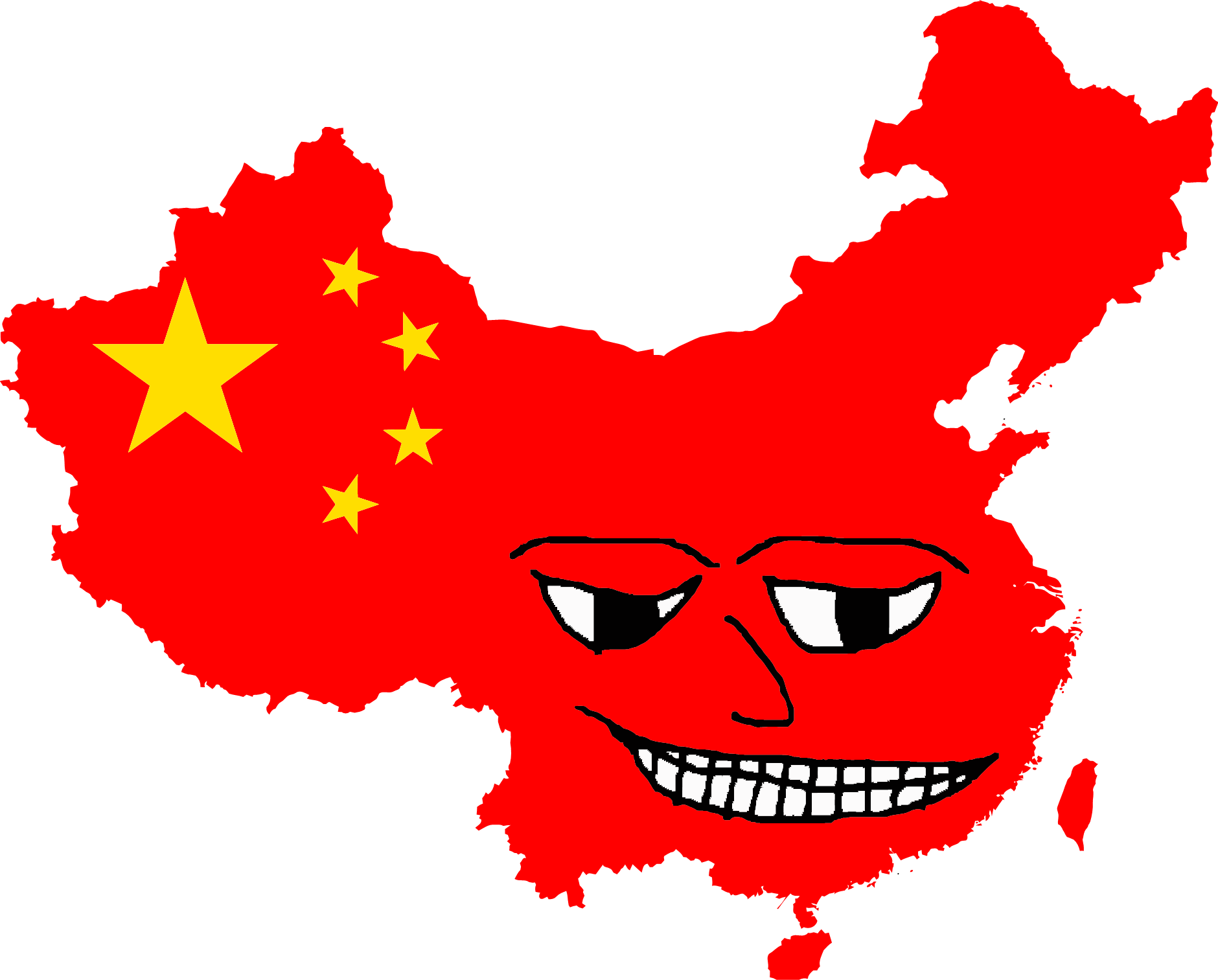The US has been in the lead with higher tariff barriers and controls on high-tech exports, initiated under the Trump presidency and markedly intensified by Biden.
It is now being joined by the European Union, which this week imposed an additional tariff of 35 percent on Chinese electric vehicles on top of a 10 percent tariff already in force.
The new measures, which will come into force next week, are to last five years. They were introduced on the basis that Chinese EV makers were benefiting unfairly from state subsidies.
The Chinese government rejected the claim of undue state support, saying it would “continue to take all necessary measures to resolutely safeguard the legitimate rights and interests of all Chinese companies.”
The decision to impose the tariffs came after eight rounds of talks aimed at trying to devise a mechanism through which a minimum price could be set along with the volume of Chinese exports. But the talks broke down with both sides saying the differences remained significant.
Further talks are to be held, with the EU accepting an invitation by China to send envoys to Beijing to see if some agreement can be reached on these mechanisms.
The divisions within the EU, which must rank as some of the most significant on trade issues in the history of the Union, were underscored by comments from Germany. Hildegarde Müller, the head of the German auto industry association, VDA, said the decision was “a setback for free global trade and so for prosperity and Europe’s growth.”
The chief executive of BMW Oliver Zipse said protectionism would only make cars more expensive for consumers and accelerate plant closures in Europe.
The interconnectedness of the global car industry was indicated by Roberto Vavassori, who told the Financial Times (FT) that “for many suppliers in the automotive industry, [the Chinese] are both the biggest threat and the biggest customer.”
He asked: “What did the Chinese do, what did the Japanese do and what did the Koreans do when they were behind on technology? They collaborated. The European industry needs to get the Chinese to localise in Europe and it needs to collaborate with them, particularly around battery technology in order to catch up.”
For workers in the auto industry, in Europe and internationally, neither path is the way forward in a situation where they face a wave of job destruction and wage cutting.
Turns out that the EU cares about a trade war with China a lot more than the environmental crisis. Why could’ve guessed.
Electric cars aren’t a solution to the environment crises unless they’ve replaced the rubber on the wheels, use less roads, and their construction uses less CO2
Electric cars aren’t the solution, but they are a big practical improvement on gas cars, and thus a necessary step in the transition. Getting rid of cars will require major structural changes in society that aren’t even on the horizon.
Germany, a country obsessed with cars, is expanding their rail networks pretty aggressively. That should be lauded
Again, Germany is nowhere close to becoming car free in the foreseeable future. Nobody is arguing against expanding rail networks, what’s being said is that since cars are obviously not going anywhere it is better to use electric cars than gas powered ones.
deleted by creator
On the back of VW profits dropping 60% the EU is protecting German industry at all costs. Even if it means preventing the wider adoption of electric vehicles and keeping them out of reach of poor people.
Protecting German industry. Lmao 🤣
They made a conscious decision to bankrupt it when they elected to lay sanction on Russia. No more cheap energy = cars can’t compete = German metallurgy and car manufacturing are dead now.
Sure they can put up sanctions on China cars, but it won’t matter as china will sell worldwide in a much larger market. Own eu/us market is too small for manufacturers to shelter there.
By German industry I really meant German post industrial financial capital e.g. the automobile finance companies who incidentally make cars. Not German steel producers.
And in fairness Germany tried its hardest to keep importing cheap Russian energy for as long as possible, despite American requests. I’d say that was probably why America blew up Nordstream2. So I wouldn’t precisely say they enthusiastically chose to sanction Russia.
Also German car manufacturers have been moving car manufacturing out of Germany and even Europe wherever possible (profitable) for decades. It’s not (only) manufacturing costs that’s holding them back. They’re failing to compete as their cars are overpriced and out of date. This was true before Ukraine war. They’re simply uncompetitive. That’s why Chinese car manufacturers are having their breakfast. They’re providing newer cars, with new platforms new styling and new drive trains, with new infotainment and new comfort tech all at better prices.
interestingly Germany voted against the tariffs. Scholz said he was pressured by the auto unions to do so.
Even German capitalists don’t want this, so who’s pushing for it? USA?
Other German capitalists
deleted by creator
vassal bloc acts against its own interest to please the empire

 Come on, slap tariffs on European goods.
Come on, slap tariffs on European goods.What goods /s
Cowards
Just tariff international shipping, it’s to cheap financially and it’s hurting the non-elite classes of exporting countries as well as the environment.
Free market my left testicle
I expect China comac to dethrone Boeing and Airbus in the next decade.
Basically I don’t really see eu/us in a good position at all - they can’t compete population wise
That is just not nice. Why not compete like a gentle man?
Tariffs aren’t the answer… I’ve seen some of the newer French cars and they look really amazing. They are an example of when companies have to compete in a free market.
Tariffs just hand the Chinese an even larger lead.
It depends.
I’ll use some abstracted and simplified version to explain my point of view.If Wakanda and Middle Earth mine Vibranium (which is Mithril btw), and both sell internationally for 100USD/kg+shipping, both get similar market share, depending on details like proximity to the customer, different grades, personal preferences etc.
Wakanda now invents a new mining laser, which reduces their cost/kg to 85USD/kg.
Middle Earth doesn’t want to lose the entire market and risk an uprising of the dwarves, as they just lost their entire industry. Middle Earth decides to pay the drwarves 20USD/kg of exported Mithril, so that they can try and improve their efficiency, and still keep their families fed.
Now Wakanda is undercut, and losing massive amounts of sales, Companies start layoffs, and Wakanda injects 20 Million USD in new refineries, increasing their output.
People not just internstionally but even in Middle Earth start buying Wakandan Vibranium. Instead of constantly increasing support, Middle earth decides to put Tariffs on Wakandan Vibranium, to protect at least the national market from Wakandan influence.
Removed by mod








